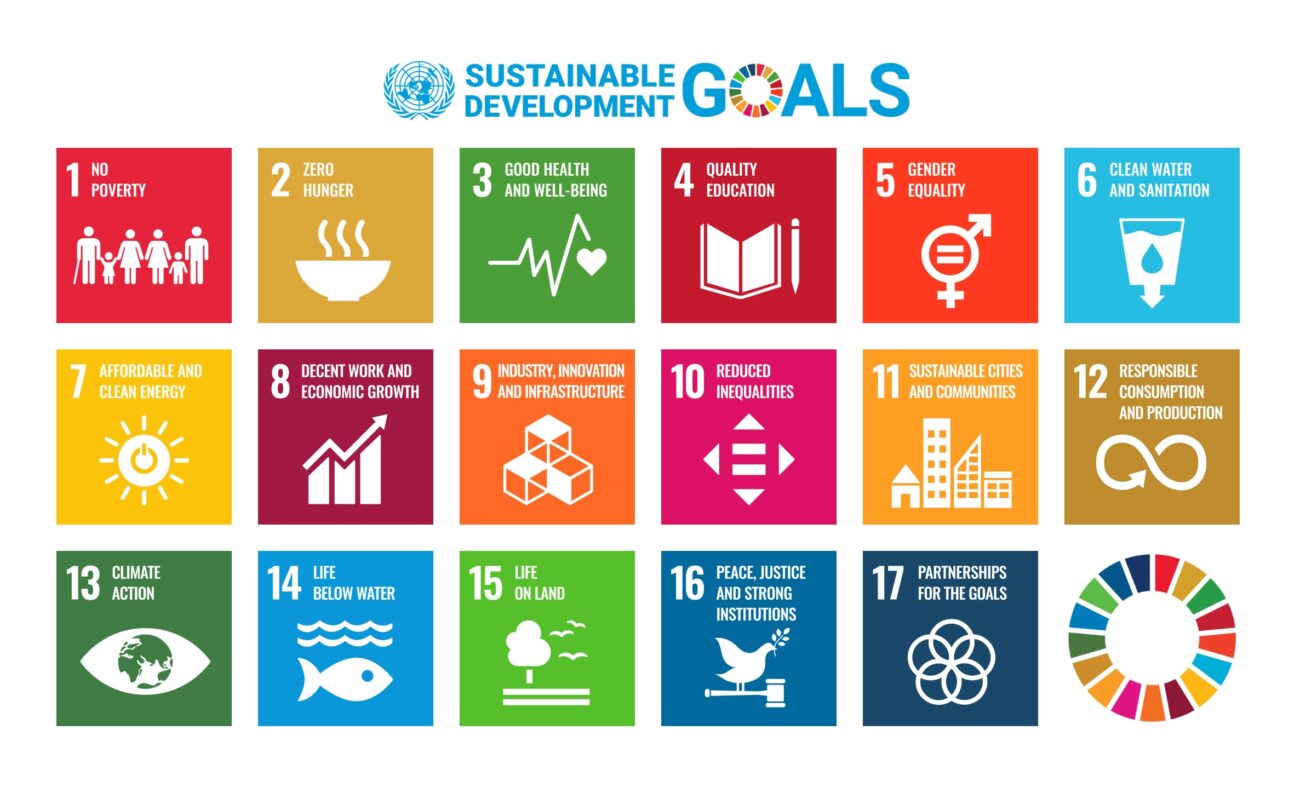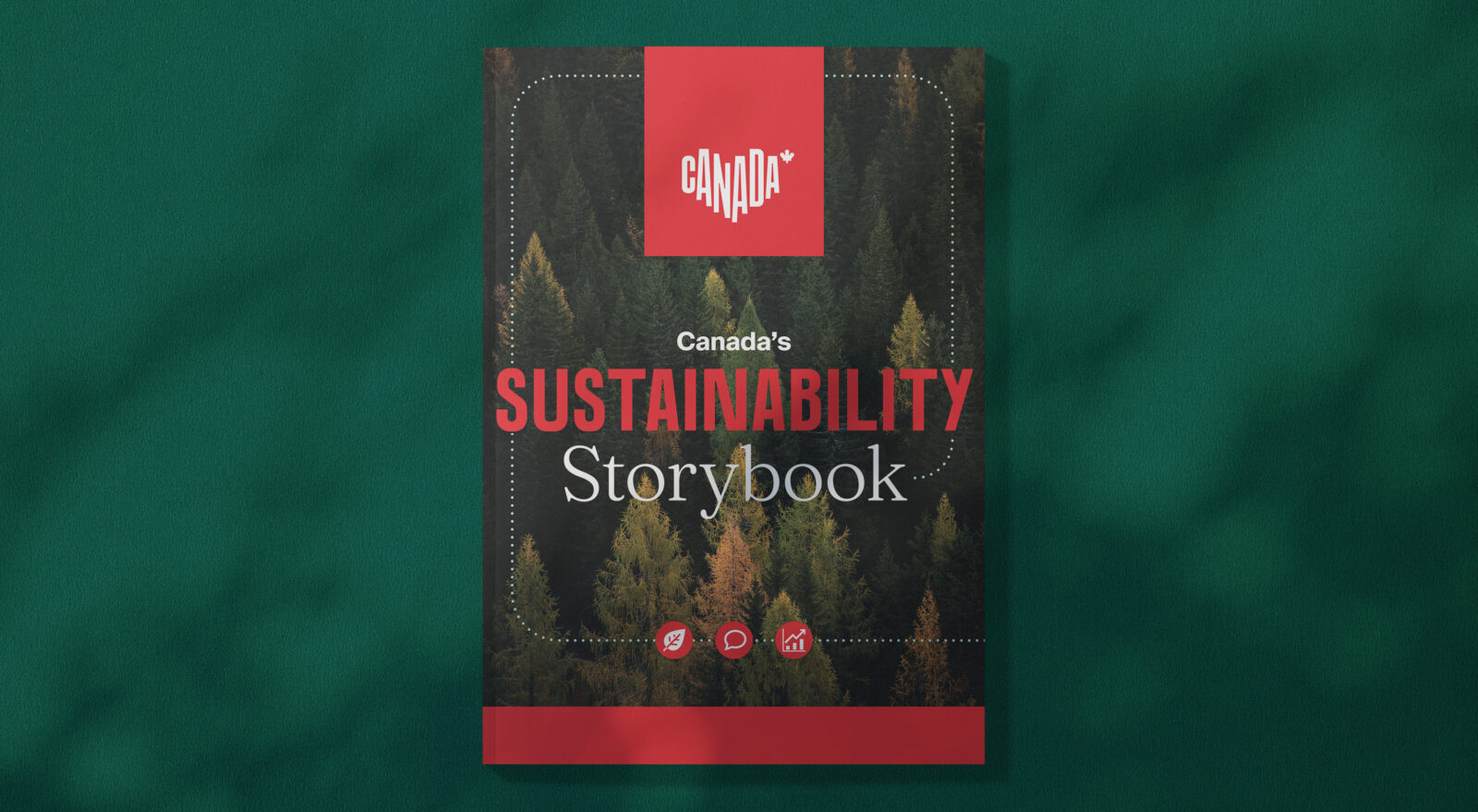The Storybook, launched in 2024, follows Destination Canada’s broader Business Events Sustainability Plan released in 2022. The Sustainability Plan serves as a foundational framework, empowering stakeholders to reduce the environmental footprint of their events and maximise socioeconomic contributions to local communities. Now, the Storybook brings these initiatives to life by offering concrete examples, illustrating how Canadian cities are embedding sustainability into business events, aligning closely with global sustainability standards.
“The Sustainability Storybook was born from the growing recognition that business events can and must play a role in fostering sustainability. As our industry evolves, we saw the need to provide a resource that would inspire, guide, and challenge event organisers to think differently about their environmental, sociocultural and economic impact,” says Virginie De Visscher, Executive Director, Business Events at Destination Canada.
The Storybook is organised into three key categories: environmental, sociocultural, and economic sustainability. Each example highlights how Canadian destinations are leading by example and provides actionable solutions for event organisers.
Environmental Sustainability
Conscious efforts shine through various initiatives that focus on waste reduction, renewable energy and biodiversity protection.
In Québec City, the Event Pass programme promotes eco-friendly travel by offering unlimited public transportation for event attendees. This initiative, implemented by the city’s Réseau de transport de la Capitale (RTC), allows organisers to purchase passes in bulk for attendees, encouraging them to use public transit during their stay.
At the Edmonton Expo Centre and Convention Centre, the zero-waste programme is a notable example of waste management innovation, diverting more than 583,000 kilograms of waste through recycling and composting efforts.
Halifax, on the other hand, is encouraging sustainable event planning through an incentive framework developed by Discover Halifax. This framework rewards planners for choosing zero-waste initiatives, sustainable catering, and energy-efficient venues.
In Toronto, the GREENSmart programme at Exhibition Place exemplifies environmental sustainability through energy efficiency and waste reduction. The venue features renewable energy innovations such as an urban wind turbine and a geothermal plant, significantly reducing its environmental footprint.

Sociocultural Sustainability
The sociocultural aspect of sustainability is equally important at Canada’s business events. Banff & Lake Louise Tourism has integrated Indigenous voices into event programming by supporting an Indigenous Fashion Show, offering a platform for Indigenous designers to share their cultural heritage.
Montréal offers another example, through its Directory of Social and Environmental Organisations. This initiative connects event planners with local community services, providing volunteer opportunities and promoting responsible event hosting. “It is a priority for us that our projects are beneficial for both visitors and locals as the fusion between them is part of the experience we are offering. We organise round tables where all key players have a voice and can share their values and priorities,” says Martine Laberge, Director of Sales at Business Events Montréal.
Ottawa’s Leave a Legacy programme allows event organisers to donate excess materials from conferences to local charities, reducing waste while supporting the community. Thousands of items, from marketing materials to non-perishable food, are repurposed annually.
Economic Sustainability
The Sustainability Storybook also highlights how Canadian business events are driving local economic growth while promoting sustainability. Prince Edward Island (PEI) is making strides in this area with its innovative Virtual Delegate Bag initiative. Originally launched as an app to bring more business to local partners, it was revamped in 2020 to offer greater digital access and reduce waste from physical materials. “By combining everything into one web app, we realised how much waste we could prevent from going into the landfill,” explains Siobhan White, Marketing and Communications Manager for Meetings & Conventions PEI. “This ended up being much more convenient for both conference organisers and attendees, while also reducing the overall environmental footprint of hosting conferences on PEI.”
The initiative has been warmly received, with more than 7,000 delegates using the app in the past year. White adds: “Event organisers love that they no longer have to stuff physical delegate bags with coupons that will most likely end up being thrown out. And, of course, our local business partners are very appreciative of the boost in business they get from being listed in the Virtual Delegate Bag.”
One other example is Banff & Lake Louise Tourism’s Community Impact Program, which offers attendees pre-paid cards to spend at local businesses. A portion of the funds goes to local charities, benefiting both the economy and the community.
Impactful Global Alignment
What sets Canada’s approach to sustainability apart is its alignment with the United Nations Sustainable Development Goals (UNSDGs). Each initiative in the Sustainability Storybook is mapped to one or more SDGs, ensuring that Canadian business events contribute to global targets. By focusing on reducing inequality, conserving natural resources, and promoting inclusive growth, Canada is showing how sustainability in business events can have a lasting, positive impact on both local and global scales.

Montréal has consistently ranked among the top North American destinations, thanks to comprehensive environmental programmes and strong community engagement efforts.
This commitment to sustainability is also reflected in its participation on the Global Destination Sustainability (GDS) Index. In 2023, 20 Canadian cities, from Victoria to St. John’s, participated in the GDS-Index, which benchmarks destinations based on environmental, social, supplier and destination management sustainability indicators.
The Sustainability Storybook is about reimagining the way we approach business events, ensuring that each chapter written on Canadian soil contributes to a more sustainable world. As De Visscher says: “Our hope is that the Storybook will act as a catalyst for change within the business events sector, embedding sustainability at every stage of planning and leaving a positive legacy for future generations, while enhancing Canada’s reputation as a leader in responsible tourism.”
Download Destination Canada’s Sustainable Storybook now.
